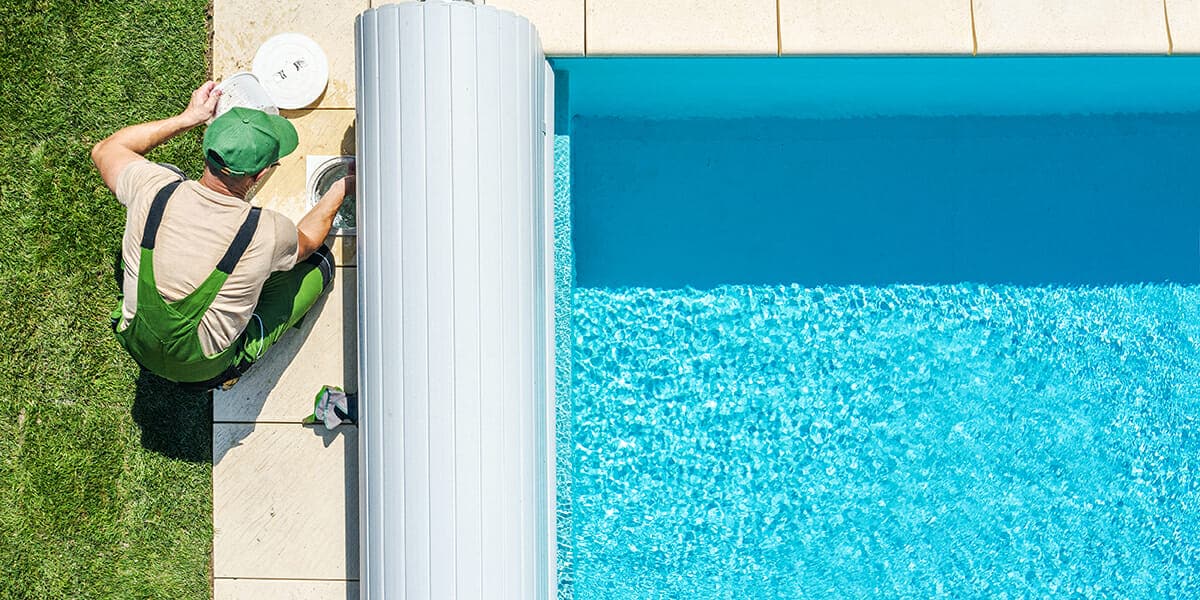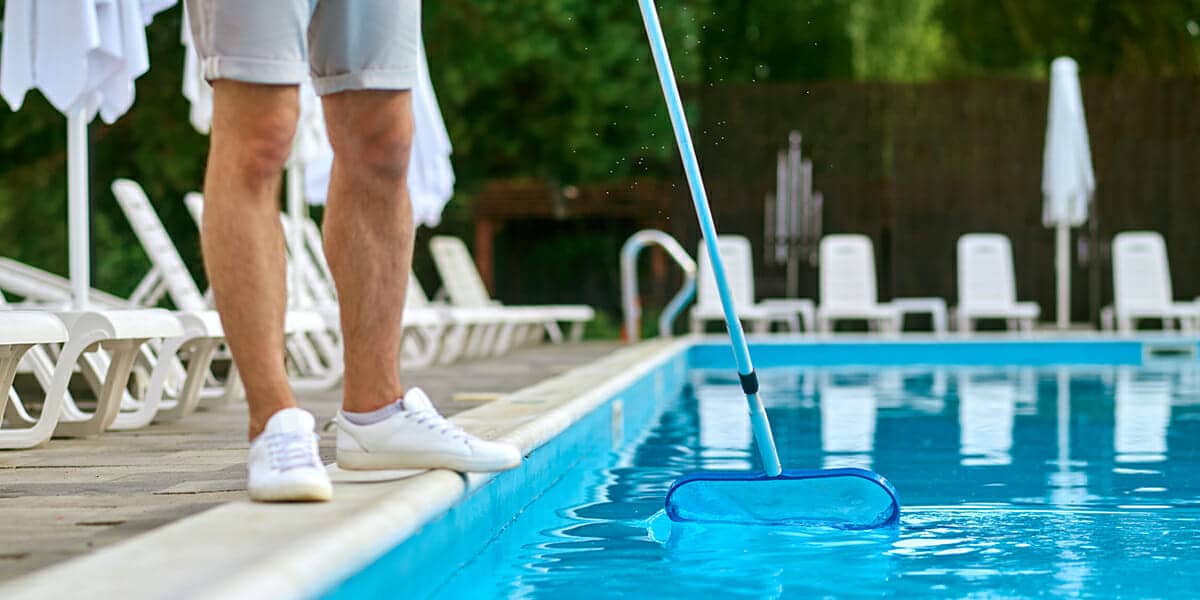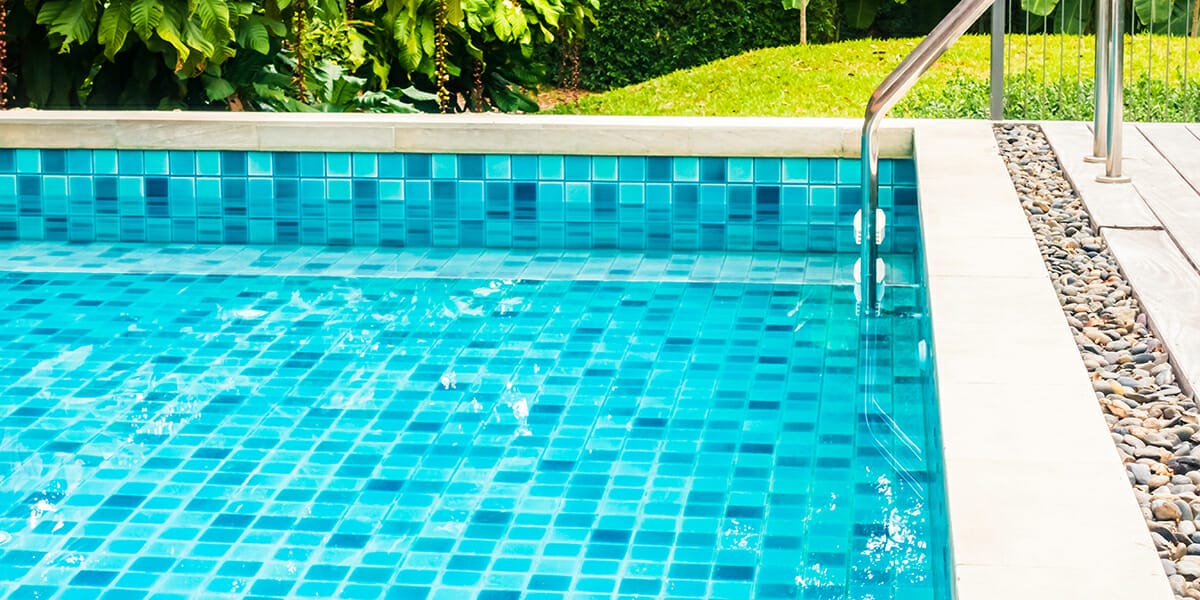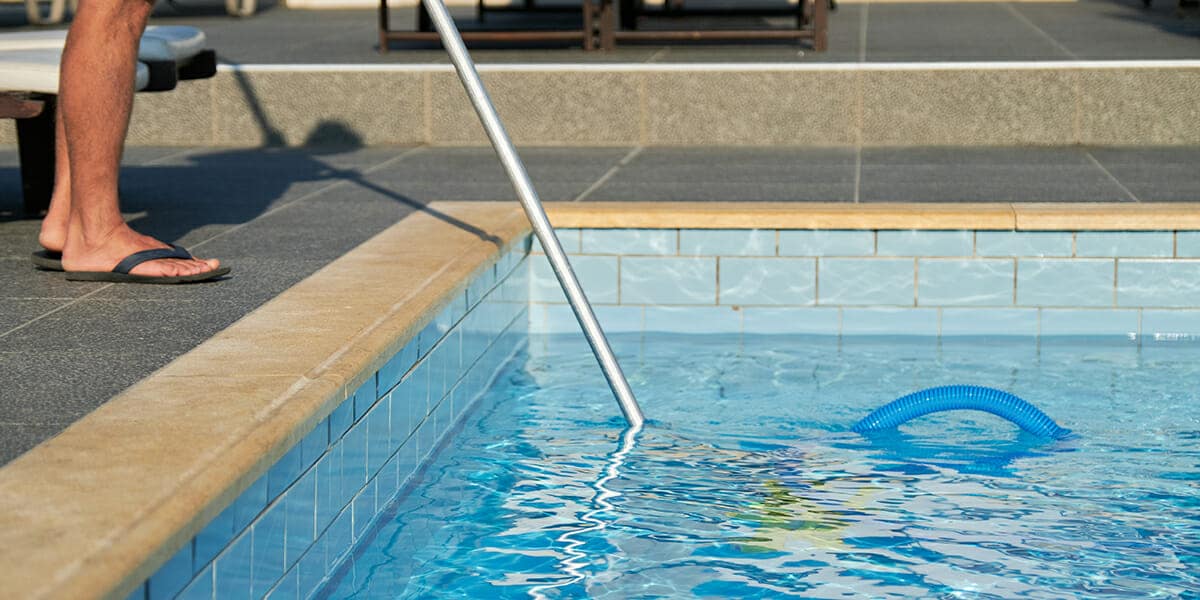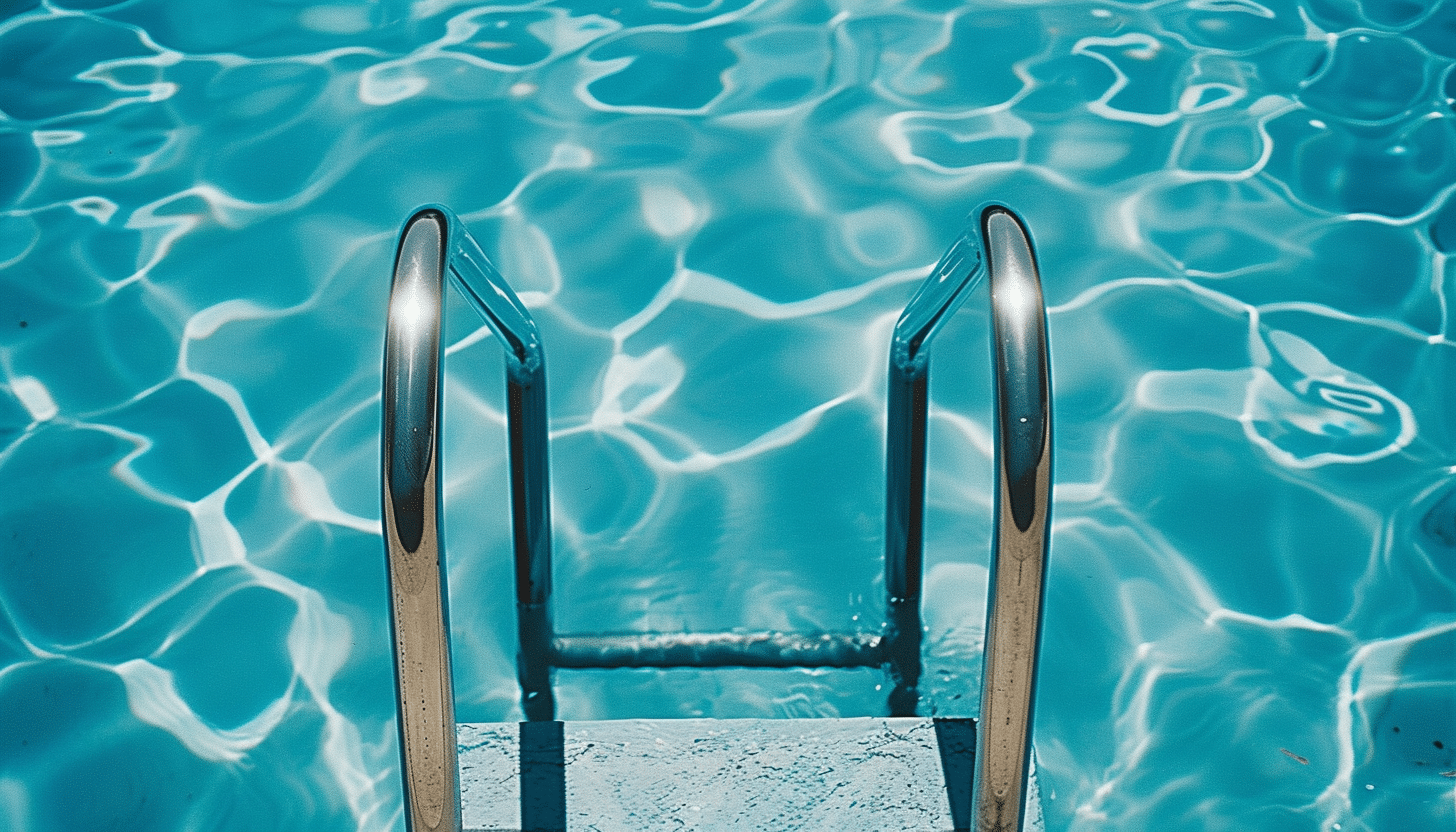Maintaining a pool might seem like a straightforward task, but ensuring it remains in top condition requires a comprehensive approach. A well-maintained pool not only looks inviting but also ensures the safety and comfort of those who use it. Whether you’re a seasoned pool owner or new to the responsibilities, understanding the pool maintenance process is crucial for keeping your oasis pristine and ready for enjoyment year-round.
The Importance of Regular Pool Maintenance
Owning a pool is a significant investment, and like any other investment, it requires regular upkeep to retain its value and functionality. The pool maintenance process involves various tasks, each playing a vital role in ensuring your pool remains clean, safe, and efficient.
- Safety: Regular maintenance helps prevent accidents by addressing potential hazards such as slippery surfaces, faulty equipment, or unbalanced chemical levels.
- Longevity: By following a consistent pool maintenance process, you can extend the lifespan of your pool, avoiding costly repairs and replacements.
- Aesthetics: A well-maintained pool enhances the overall appearance of your backyard, providing a beautiful and inviting space for relaxation and entertainment.
Key Components of the Pool Maintenance Process
- Water Balance and Chemical Testing
- Testing Frequency: Regular testing of your pool’s water is essential. This includes checking pH levels, chlorine content, alkalinity, and calcium hardness. Ideally, you should test your pool’s water at least twice a week.
- Chemical Balancing: The water in your pool must maintain a delicate balance of chemicals to ensure it’s safe and pleasant to swim in. The primary focus should be on maintaining a pH level between 7.2 and 7.6. Chlorine levels should be kept between 1.0 and 3.0 parts per million (ppm) to effectively kill bacteria and other contaminants.
- Filtration System Maintenance
- Filter Types: The three main types of filters—sand, cartridge, and diatomaceous earth (DE)—each require different maintenance approaches. Sand filters should be backwashed regularly, while cartridge filters need to be cleaned and replaced periodically. DE filters require backwashing and the addition of new DE powder.
- Pump Care: The pump is the heart of your pool’s circulation system, ensuring that water moves through the filter and stays clean. Regularly check for signs of wear, leaks, and unusual noises to prevent breakdowns.
- Cleaning and Skimming
- Daily Skimming: Skimming the surface of your pool daily helps remove leaves, insects, and other debris that can lead to water contamination and clog your filters.
- Brushing and Vacuuming: Brush the walls and floor of your pool at least once a week to prevent algae growth and stains. Vacuuming helps remove dirt and debris that have settled on the pool floor.
- Shock Treatment and Algae Prevention
- Shocking: Regularly shocking your pool with a higher dose of chlorine helps eliminate bacteria, algae, and other organic contaminants. This process is especially important after heavy pool use or following a rainstorm.
- Algae Control: Algae can be a persistent issue in pools, particularly in warmer climates. Using algaecides and maintaining proper water balance are key steps in preventing algae growth.
- Winterizing Your Pool
- End-of-Season Care: As the swimming season ends, it’s important to winterize your pool to protect it during colder months. This process includes lowering the water level, adding winterizing chemicals, and covering the pool securely.
- Equipment Storage: Store pool equipment such as ladders, skimmers, and vacuums in a dry, protected area to prevent damage from cold temperatures.
Advanced Pool Maintenance Tips
- Energy Efficiency
- Pump Timing: Running your pump during off-peak hours can reduce energy costs. Consider investing in a variable-speed pump, which adjusts the flow rate based on your pool’s needs, further lowering energy consumption.
- Solar Covers: Using a solar cover not only retains heat in your pool but also reduces evaporation, saving water and chemical costs.
- Seasonal Maintenance
- Spring Opening: As you prepare your pool for the summer, thoroughly clean and inspect all components. Ensure that the filtration system, pumps, and heaters are functioning correctly.
- Summer Care: With more frequent use, pools require additional care during the summer. Monitor chemical levels closely and clean the pool more often to keep it in top shape.
- Fall Closing: Before closing the pool for winter, conduct a deep clean and balance the water chemistry. Properly store all equipment and cover the pool securely to prevent debris accumulation.
- Smart Pool Technology
- Automated Systems: Modern pool maintenance can be simplified with automated systems that monitor and adjust chemical levels, control lighting, and manage cleaning schedules. These systems provide real-time data and alerts, ensuring your pool is always in optimal condition.
- Remote Monitoring: Some advanced systems allow you to monitor and control your pool’s functions remotely via smartphone apps, providing convenience and peace of mind, especially when you’re away from home.
Common Pool Maintenance Challenges
Even with a comprehensive maintenance routine, pool owners can encounter several challenges:
- Unbalanced Water Chemistry: Frequent fluctuations in pH, chlorine, and alkalinity levels can lead to cloudy water, algae growth, and skin irritation.
- Equipment Malfunctions: Pumps, heaters, and filters can fail unexpectedly, disrupting your pool maintenance process and requiring prompt repairs.
- Stubborn Stains: Some stains, such as those caused by metals or organic matter, can be difficult to remove. Specialized treatments may be necessary to restore your pool’s appearance.
Frequently Asked Questions About the Pool Maintenance Process
- What is the ideal frequency for testing pool water?
- It’s recommended to test your pool water at least twice a week to ensure proper chemical balance and prevent issues like algae growth.
- How often should I backwash my pool filter?
- The frequency of backwashing depends on the type of filter and pool usage. Sand and DE filters should generally be backwashed every 1-2 weeks or when the pressure gauge indicates a 7-10 psi increase.
- What’s the best way to prevent algae in my pool?
- Maintaining proper water balance, regular brushing, and using algaecides are effective methods for preventing algae growth.
- Can I use household bleach as a pool shock treatment?
- While household bleach contains chlorine, it’s not recommended for pool use as it lacks stabilizers and may cause imbalances in your pool water.
- Why is my pool water cloudy even after balancing chemicals?
- Cloudy water can result from inadequate filtration, high levels of dissolved solids, or insufficient chlorine levels. Ensuring proper filtration and regular shock treatments can help clear up the water.
- How do I winterize my pool properly?
- To winterize your pool, lower the water level, add winterizing chemicals, cover the pool securely, and store equipment in a dry area to prevent damage from cold temperatures.
Understanding the pool maintenance process is essential for any pool owner. By following these guidelines and regularly assessing your pool’s needs, you can ensure that it remains a safe, beautiful, and enjoyable place for relaxation and fun. Whether you handle the maintenance yourself or hire professionals like Clements Pool Services & Remodeling, taking proactive steps will extend the life of your pool and enhance your overall swimming experience.
